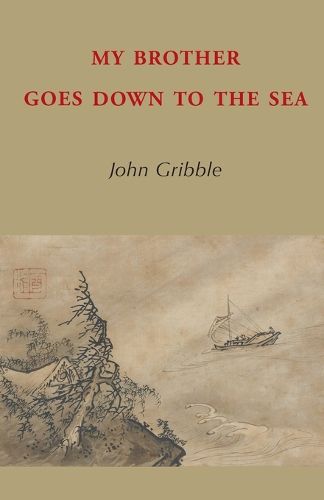Readings Newsletter
Become a Readings Member to make your shopping experience even easier.
Sign in or sign up for free!
You’re not far away from qualifying for FREE standard shipping within Australia
You’ve qualified for FREE standard shipping within Australia
The cart is loading…






This title is printed to order. This book may have been self-published. If so, we cannot guarantee the quality of the content. In the main most books will have gone through the editing process however some may not. We therefore suggest that you be aware of this before ordering this book. If in doubt check either the author or publisher’s details as we are unable to accept any returns unless they are faulty. Please contact us if you have any questions.
My Brother Goes Down to the Sea is John Gribble's second full-length collection. The poems explore various bodies of water - ranging in size from from ponds in public parks to the Pacific Ocean - along with family lives and stories, relationships, elegiac memories, works of art and music, and sharp-eyed observations of everyday Tokyo..
The book also explores forms from various traditions, including the ghazal from the Middle East and the Indian subcontinent, Japanese haibun, haiku, and senryu, as well as the soneto, a new fourteen-line form based on traditional Japanese forms.
$9.00 standard shipping within Australia
FREE standard shipping within Australia for orders over $100.00
Express & International shipping calculated at checkout
This title is printed to order. This book may have been self-published. If so, we cannot guarantee the quality of the content. In the main most books will have gone through the editing process however some may not. We therefore suggest that you be aware of this before ordering this book. If in doubt check either the author or publisher’s details as we are unable to accept any returns unless they are faulty. Please contact us if you have any questions.
My Brother Goes Down to the Sea is John Gribble's second full-length collection. The poems explore various bodies of water - ranging in size from from ponds in public parks to the Pacific Ocean - along with family lives and stories, relationships, elegiac memories, works of art and music, and sharp-eyed observations of everyday Tokyo..
The book also explores forms from various traditions, including the ghazal from the Middle East and the Indian subcontinent, Japanese haibun, haiku, and senryu, as well as the soneto, a new fourteen-line form based on traditional Japanese forms.